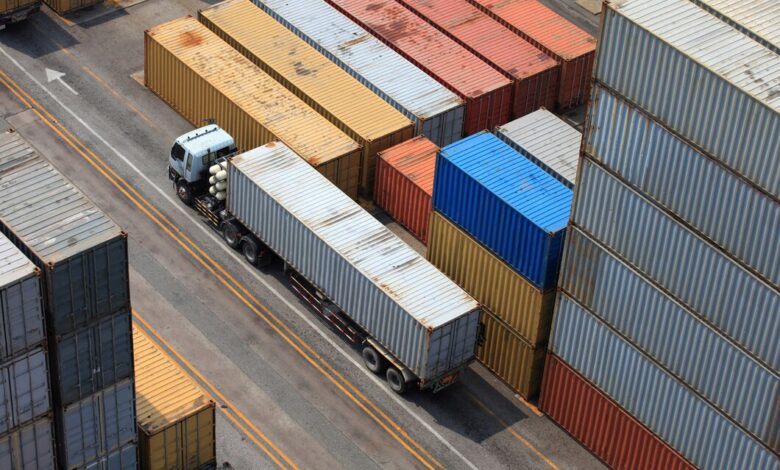10 Ways South African SMEs Can Navigate Export Regulations

Exporting offers South African SMEs a tremendous opportunity to expand their markets, increase revenues, and diversify risks. However, navigating the complex landscape of export regulations can be daunting. To succeed in the global market, SMEs need to understand and comply with various regulatory requirements. Here are ten strategies to help South African SMEs navigate export regulations effectively.
1. Understand Local Export Regulations
The first step for any SME looking to export is to familiarize itself with South Africa’s export regulations. The Department of Trade, Industry and Competition (DTIC) provides comprehensive guidelines and resources. SMEs should also understand the role of the South African Revenue Service (SARS) in customs and excise duties.
2. Identify International Market Requirements
Different countries have different import regulations. SMEs must research and understand the specific requirements of their target markets. This includes knowing the standards, certifications, and documentation needed for their products.
3. Leverage Government Resources
South African government agencies like the DTIC, Trade and Investment South Africa (TISA), and Export Credit Insurance Corporation (ECIC) offer support programs and resources to assist SMEs in exporting. These can include training programs, market research, and financial assistance.
4. Engage with Industry Associations
Industry associations often provide valuable support and resources for exporters. They can offer insights into regulatory changes, industry best practices, and networking opportunities. Associations like the South African Association of Freight Forwarders (SAAFF) can be particularly helpful.
5. Utilize Export Documentation Services
Proper documentation is crucial for smooth export operations. SMEs should consider using export documentation services that can assist in preparing and managing necessary paperwork, such as certificates of origin, commercial invoices, and packing lists.
6. Implement a Robust Compliance Program
Establishing a compliance program ensures that all export activities adhere to relevant regulations. This includes regular training for staff, internal audits, and staying updated with changes in export laws both locally and internationally.
7. Seek Professional Advice
Export regulations can be complex, and seeking professional advice can be invaluable. Consulting with export advisors, legal experts, and customs brokers can help SMEs navigate the intricacies of export compliance and avoid costly mistakes.
8. Develop Strong Relationships with Freight Forwarders
Freight forwarders play a crucial role in the export process. Building strong relationships with reliable forwarders can help SMEs manage logistics efficiently, ensure compliance with shipping regulations, and handle unexpected issues.
9. Stay Updated with Regulatory Changes
Export regulations can change frequently. SMEs should subscribe to updates from relevant regulatory bodies and industry news sources to stay informed about any changes that might impact their export operations.
10. Invest in Technology
Technology can simplify compliance with export regulations. Export management software can help SMEs track shipments, manage documentation, ensure regulatory compliance, and streamline the entire export process.
Navigating export regulations is essential for South African SMEs aiming to expand globally. By understanding local and international regulations, leveraging government and industry resources, engaging professionals, and investing in technology, SMEs can successfully manage compliance and thrive in the global market. Effective navigation of these regulations not only minimizes risks but also maximizes the potential for growth and profitability in international trade.



